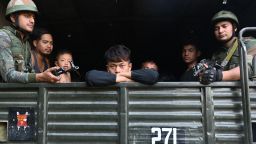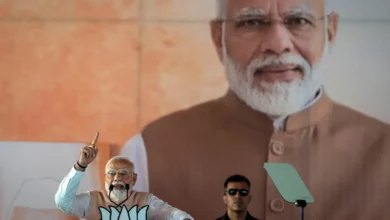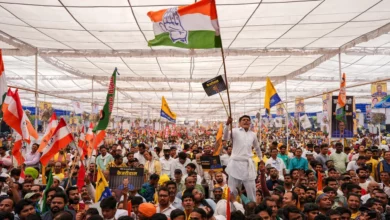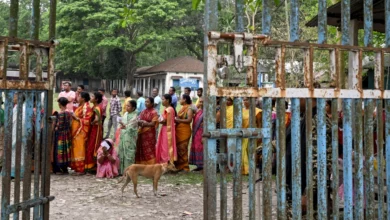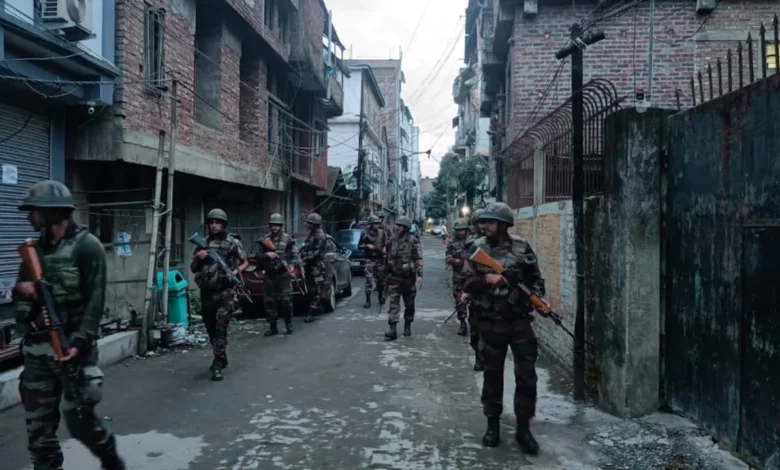
Eleven people have been shot dead and 14 injured in a fresh outbreak of ethnic violence that has gripped the northeast Indian state of Manipur.
The latest killings come little more than a month after an earlier bout of unrest that saw entire villages burned to the ground, killing dozens and leaving tens of thousands homeless.
Since then nearly 3 million people in the state have been largely cut off from the rest of the country, after the government blocked internet services and restricted travel in an effort to contain the violence.
In the latest bout of unrest, the violence has been so extreme that many bodies have been hard to identify, doctors and senior management officials at the Jawaharlal Nehru Institute of Medical Sciences (JNIMS) and Raj Medicity Hospital in the state’s capital Imphal told CNN.
“The bodies that have come in have not been in a good state. There were many cuts, wounds, and scratches all over,” the director of JNIMS, Dr. Deben, said. “We are still conducting a post-mortem and trying to confirm the identity of the last victim, but his face is badly mutilated.”
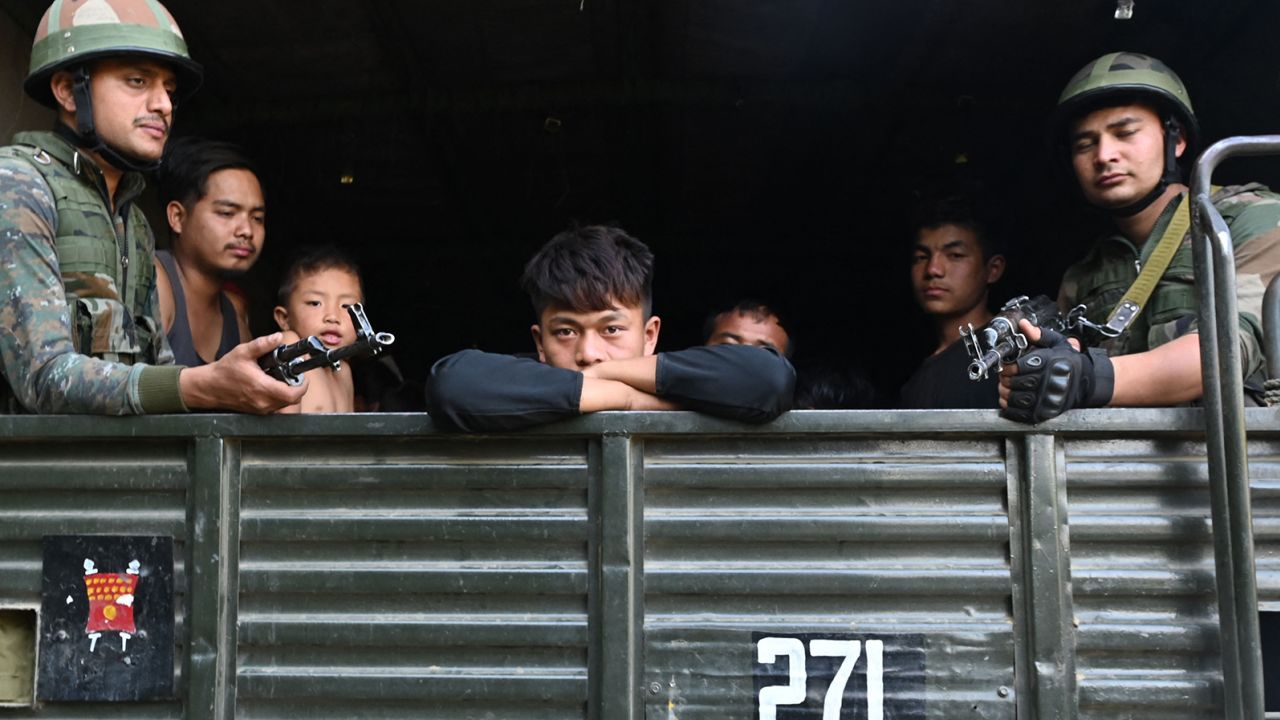
Manipur, a lush, hilly state which borders Myanmar, is home to an ethnically diverse group of Sino-Tibetan communities, each with their own language, culture and religion.
Like Kashmir in the north, it was once a princely state under British rule, and only incorporated into India in 1949, two years after the country gained independence.
Many within the state disagreed with that move and ever since then the region has grappled with violent insurgencies and ethnic conflicts that have resulted in hundreds of deaths and injuries over the decades.
The current unrest has seen some of the worst violence in recent years and has sparked criticism of Indian Prime Minister Narendra Modi and his ruling Bharatiya Janata Party (BJP), which governs Manipur.
Modi has yet to comment publicly on the violence plaguing the state for weeks now while the home minister Amit Shah’s visit to Imphal late last month has done little to quell the tensions.
Opposition politicians have accused Modi and the BJP of showing a lack of urgency in tackling the problem and of failing to stop the bloodshed.
“None of the actions taken by the state government or the Union government have inspired confidence in the people of Manipur,” the country’s main opposition party, the Indian National Congress, said in a statement Monday, demanding Modi “break his silence” and visit the state.
CNN has reached out to the prime minister’s office and the BJP for a comment.
Tribal dispute
An earlier bout of violence broke out in Imphal on May 3 after thousands of students, mostly from the Kuki tribe, took part in a rally against the majority Meiti ethnic community, who were demanding special tribal status that would allow them to buy land in the hills and give them more opportunity for government jobs.
The Meitei community, a largely Hindu ethnic group who account for about 50% of the state’s population, have for years campaigned to be recognized as a scheduled tribe. If they are given this status, other ethnic groups – many of whom are Christian – say they fear they will not have a fair chance for jobs and other benefits.
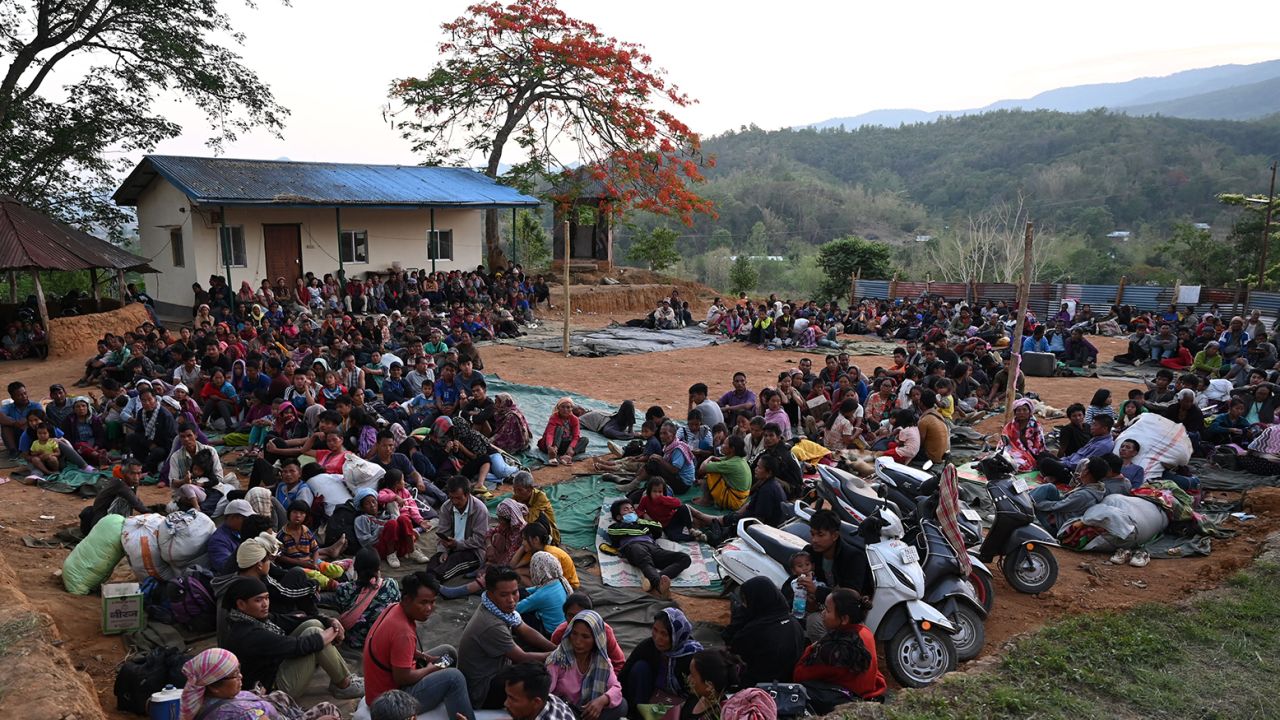
The Metei community dominates positions within the state government, and have been privy to more economic and infrastructural advancement than the other ethnic groups.
They mostly live in the more developed but geographically smaller Imphal Valley, while Kuki groups live predominantly in agriculturally rich and geographically larger protected hill districts.
The Kukis fear the change in status could result in their steady removal from a protected area they have occupied for decades and leave them vulnerable to exploitation.

